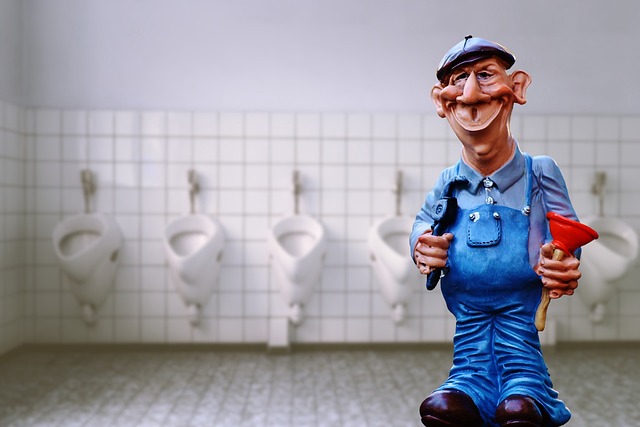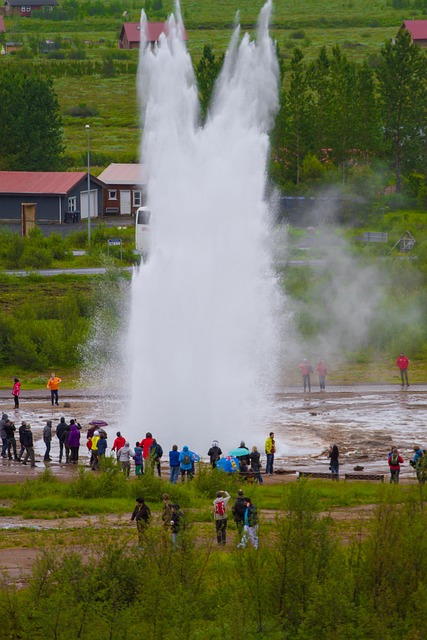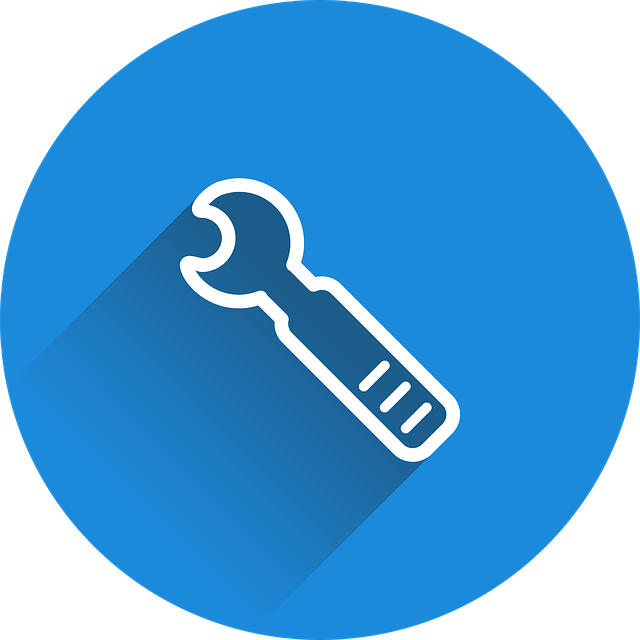Regularly inspect and maintain your hot water system to avoid costly no hot water repair issues. Check for leaks, inefficiencies, and replace outdated components like fixtures and appliances. Optimize heating settings, insulate pipes, use energy-efficient appliances, and conduct routine maintenance to enhance efficiency. Preventive measures save money and ensure a reliable hot water supply.
Improve your home’s hot water efficiency and say goodbye to costly repairs with these simple, cost-effective steps. Understanding your current system is key; identify leaks and inefficiencies through regular checks. Install energy-efficient fixtures and optimize heating settings for significant savings. Regular maintenance ensures longevity and performance. By implementing these measures, you’ll reduce energy bills, lower environmental impact, and avoid the hassle of unexpected hot water repairs.
- Understand Your Hot Water System
- Identify Leaks and Inefficiencies
- Install Energy-Efficient Fixtures
- Optimize Water Heating Settings
- Maintain Regular Maintenance Checks
Understand Your Hot Water System

Understanding your home’s hot water system is a crucial first step when aiming to improve efficiency. Whether it’s a tank-style or on-demand water heater, each has its unique features and potential for optimization. Tank water heaters, common in many households, store hot water and maintain a consistent temperature, but they can be energy-intensive if not properly maintained. On the other hand, on-demand systems heat water as needed, reducing energy usage, but may face issues with flow rate or temperature consistency.
Regular maintenance plays a vital role in optimizing performance. For tank heaters, checking and replacing the heating element (a DIY project for many) can significantly enhance efficiency. If you notice any unusual noises, leaking, or prolonged waiting times for hot water, it might be time to consult a professional plumber in Bromsgrove for a thorough inspection and guidance on potential upgrades or repairs, ensuring your hot water system operates at its best without the need for extensive no hot water repair solutions.
Identify Leaks and Inefficiencies

Identifying leaks and inefficiencies in your home’s hot water system is a crucial first step towards improvement. Regularly check all fixtures, pipes, and appliances connected to your hot water supply for any signs of dripping or prolonged flow. Leaks, even tiny ones, can waste significant amounts of water over time and drive up your energy bills. Inefficiencies might include old, poorly insulated pipes leading to cold water delays or a water heater that runs constantly without adequately heating the water.
Instead of immediately jumping to hot water repair, consider whether replacing specific components could be a better solution. For example, installing new, high-efficiency fixtures and appliances can eliminate no hot water in specific fixtures issues. How to restore hot water flow is often simpler than you think; it might just require updating outdated equipment. Compare the costs of hot water repair vs replacement to make an informed decision that saves both time and money in the long run.
Install Energy-Efficient Fixtures

Upgrading your home’s fixtures is an excellent way to improve its hot water efficiency without needing a hot water repair. Install low-flow aerators on faucets and showerheads, which mix air with water to maintain pressure while reducing the amount of hot water used. This simple change can lead to significant savings on your energy bills.
Additionally, consider replacing old toilets with high-efficiency models. Modern toilets use less water per flush, and some even have dual-flush options, allowing you to conserve even more. These adjustments are not only beneficial for the environment but also help in preventing hot water problems by reducing the overall demand for heated water in your home.
Optimize Water Heating Settings

Optimizing your home’s water heating settings is a simple yet effective way to improve efficiency and save on energy costs. Start by adjusting the temperature of your water heater. Most models allow for a range between 120°F to 140°F (49°C to 60°C). Setting it to 120°F (49°C) can significantly reduce energy usage without compromising on comfort, especially if you have access to hot water at this lower temperature throughout the day. Regularly checking and cleaning your water heater is also crucial. Sediment buildup can cause hot water issues, leading to no hot water in specific fixtures or what causes hot water failure. By flushing your heater periodically, you ensure optimal performance and prolong its lifespan, keeping your hot water supply consistent and lasting longer.
Additionally, consider using energy-efficient appliances that are designed to reduce hot water consumption. Modern low-flow showerheads and faucets can help lower the demand for hot water without compromising on pressure or experience. Understanding how long hot water lasts is also essential. Proper insulation around hot water pipes can help maintain temperature, ensuring that your hot water remains usable for longer periods, reducing the need for frequent reheating and minimizing energy wastage.
Maintain Regular Maintenance Checks

Regular maintenance checks are a crucial part of improving your home’s hot water efficiency and preventing any costly no hot water repair issues. By conducting routine inspections, you can identify potential problems early on. This includes checking for any leaks around the water heater, inspecting insulation for damage or wear, and ensuring all parts are functioning optimally. Many water heater troubleshooting guides are available online to help homeowners with these tasks.
Additionally, keeping an eye on your water heater’s age and performance can prompt you to consider hot water system upgrades. Over time, heaters can lose efficiency, leading to higher energy bills. Preventing scalding in mixed water by adjusting temperature settings is another simple yet effective way to save energy and maintain a comfortable, safe shower experience.
By understanding your hot water system, identifying leaks and inefficiencies, installing energy-efficient fixtures, optimizing water heating settings, and conducting regular maintenance checks, you can significantly improve your home’s hot water efficiency. These steps not only save you money on utility bills but also contribute to a more sustainable living environment. Remember, preventing issues through proactive measures is key, ensuring your hot water system runs smoothly without the need for frequent no hot water repair services.
